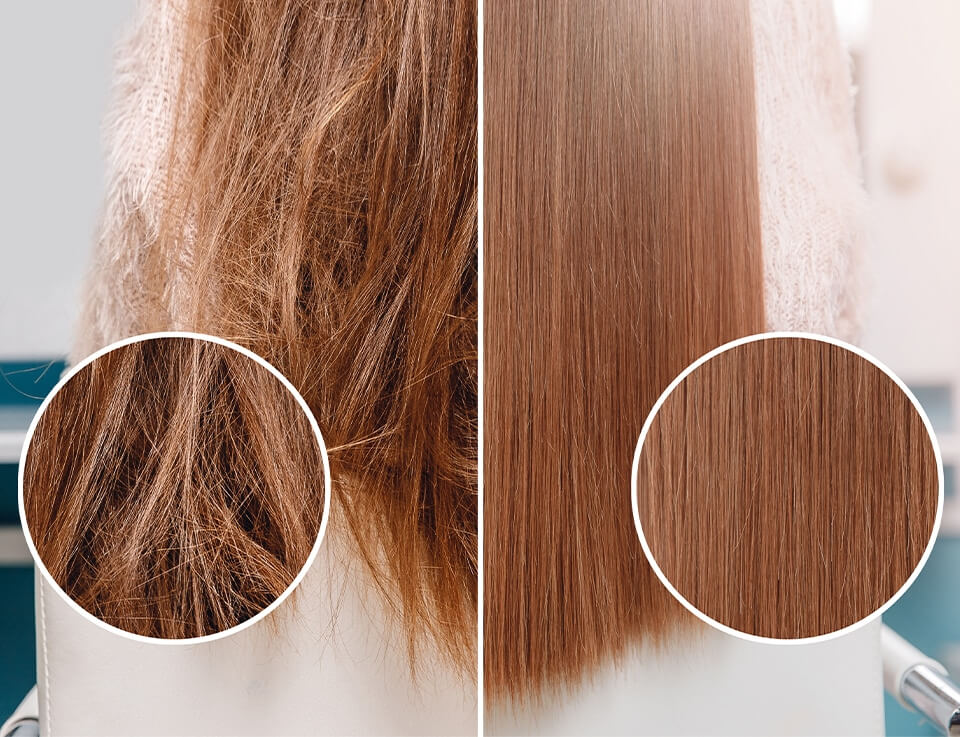Do you ever feel like you're in a constant battle with frizz? You're not alone. Frizz can be a real buzzkill, especially when you're trying to achieve a sleek, polished look. But fear not, because we've got the ultimate guide on how to get rid of frizz. From understanding the causes to using the right products and techniques, we've got you covered. The short answer? It's all about proper hair care. Keep reading to find out how.
Frizzy hair is a common problem that affects many people. It can be frustrating and difficult to manage, especially if you have tried various products and methods without success. However, with the right approach and techniques, you can get rid of frizz and achieve smooth, silky hair.
Section 1: Understanding Frizz
Understanding Frizz
Before we dive into the ways to get rid of frizz, it's important to understand what causes frizz in the first place. Frizz is caused by a lack of moisture in the hair. When the hair lacks moisture, it becomes dry and brittle, causing the cuticle (the outer layer of the hair) to lift and separate, creating a frizzy appearance.
Factors that contribute to frizz include humidity, heat, and using harsh hair products. Humidity causes the hair to absorb moisture from the air, causing it to expand and become frizzy. Heat from styling tools such as hair dryers and flat irons can also dry out the hair and cause frizz. Lastly, using hair products that contain alcohol or sulfates can strip the hair of its natural oils, leading to dryness and frizz.
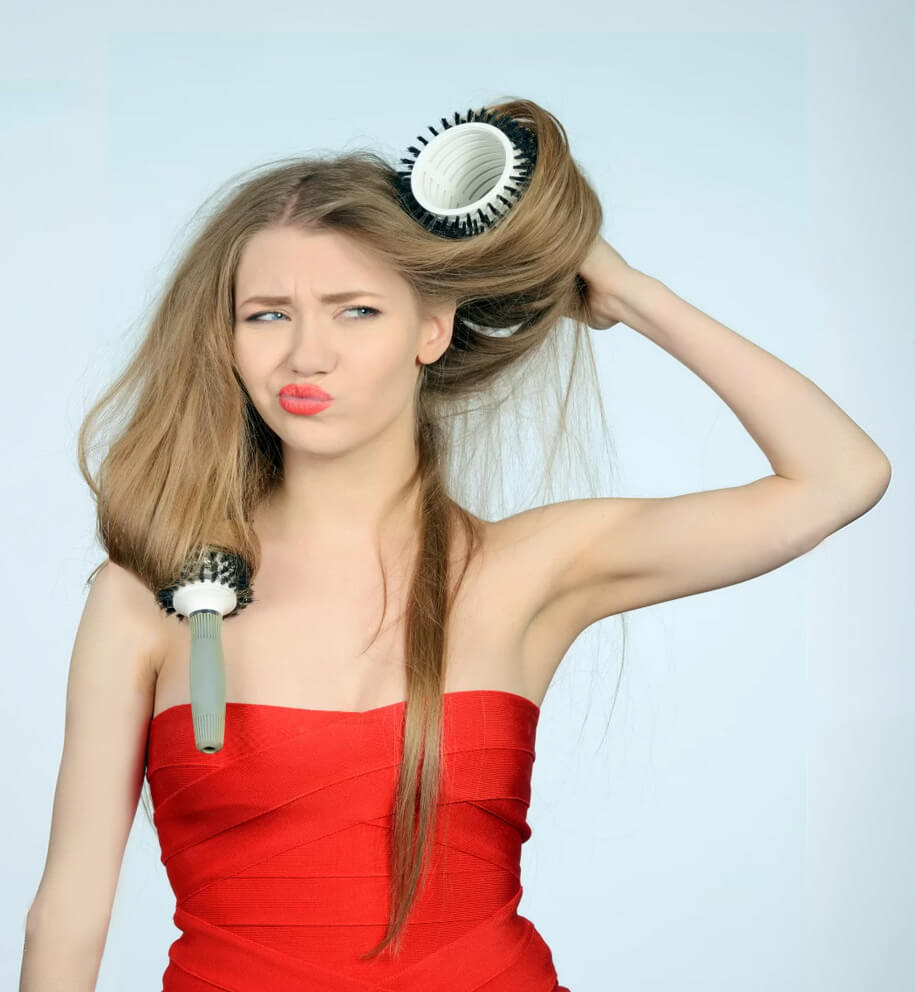
1.1 What causes frizz?
Frizz occurs when the cuticles of your hair strands become raised, allowing moisture to penetrate and swell the hair shafts. This results in hair that is dry, brittle, and difficult to manage. Frizz can be caused by various factors such as humidity, genetics, damage from heat styling or chemical treatments, and even the wrong hair products.
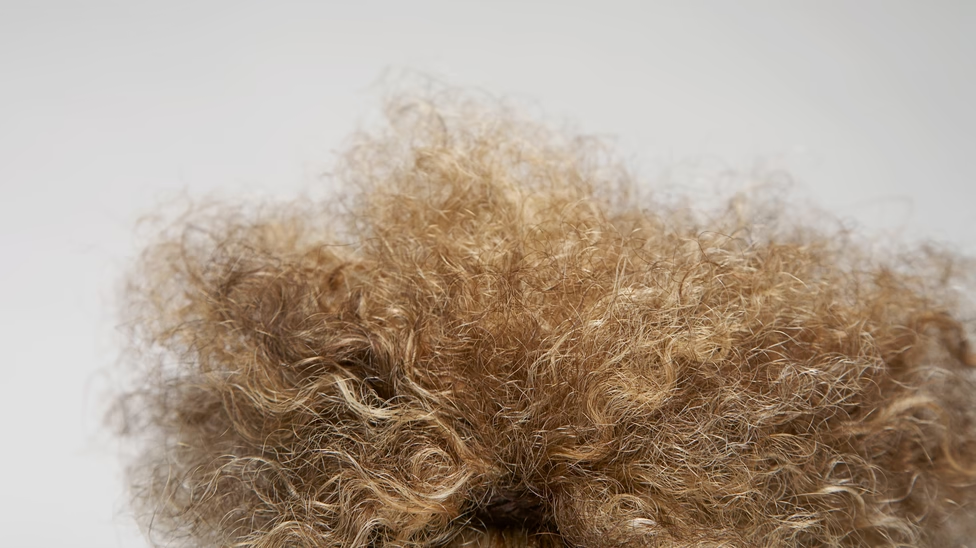
1.2 Types of frizz
There are two types of frizz: surface frizz and internal frizz. Surface frizz is caused by humidity and results in hair that looks rough and fuzzy on the surface. Internal frizz, on the other hand, is caused by damage to the hair shafts and results in hair that is brittle and prone to breakage.
Now that we know what causes frizz, let's discuss how to get rid of it.
Section 2: Products and Methods to Combat Frizz
2.1 Use a Deep Conditioning Treatment
One of the best ways to combat frizz is to use a deep conditioning treatment. Deep conditioning treatments help to restore moisture to the hair, leaving it feeling soft and silky. There are many different types of deep conditioning treatments available, including masks, oils, and leave-in conditioners.
To use a deep conditioning treatment, apply it to your hair after shampooing and leave it in for the recommended time. Rinse it out thoroughly and follow up with a conditioner for added moisture.
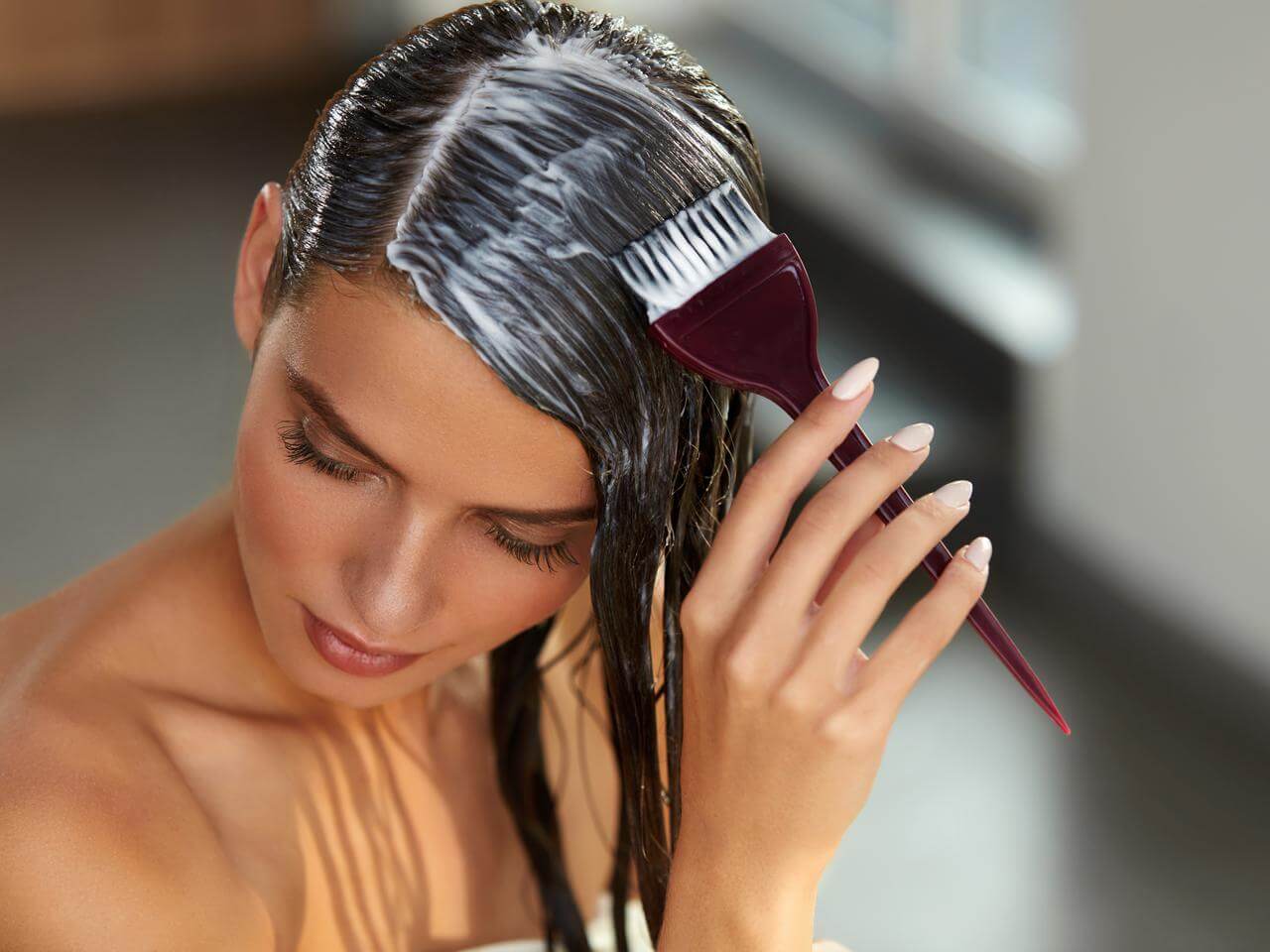
2.2 Use Shampoos and Conditioners
Using the right shampoo and conditioner can go a long way in controlling frizz. Look for products that are specifically formulated for frizzy hair and contain ingredients such as keratin, argan oil, or coconut oil. These ingredients help to smooth the hair cuticles and lock in moisture, resulting in smooth, silky hair.
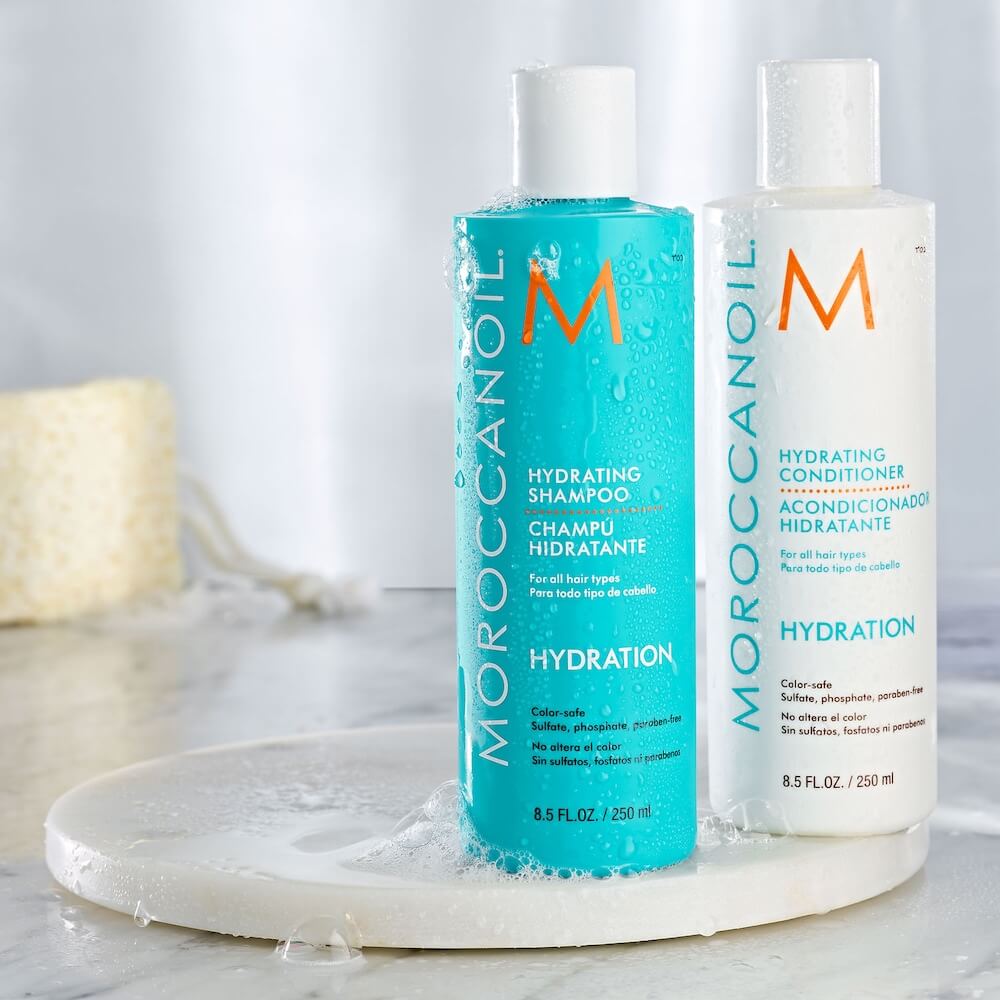
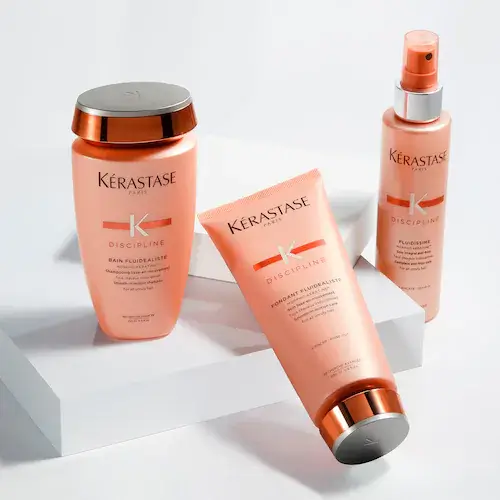
2.3 Use Hair Oils
Hair oils are great for adding moisture to the hair and reducing frizz. They contain nourishing ingredients that help to hydrate the hair and leave it feeling soft and smooth. They are a great way to combat frizz and add shine to your hair. Argan oil, coconut oil, and jojoba oil are some of the best hair oils for controlling frizz.
To use hair oil, apply a small amount of oil to your hair after washing and conditioning or before blow-drying or styling to tame frizz and keep your hair looking smooth and silky. Be sure to avoid applying it too much, as this can weigh down your hair and make it look greasy.
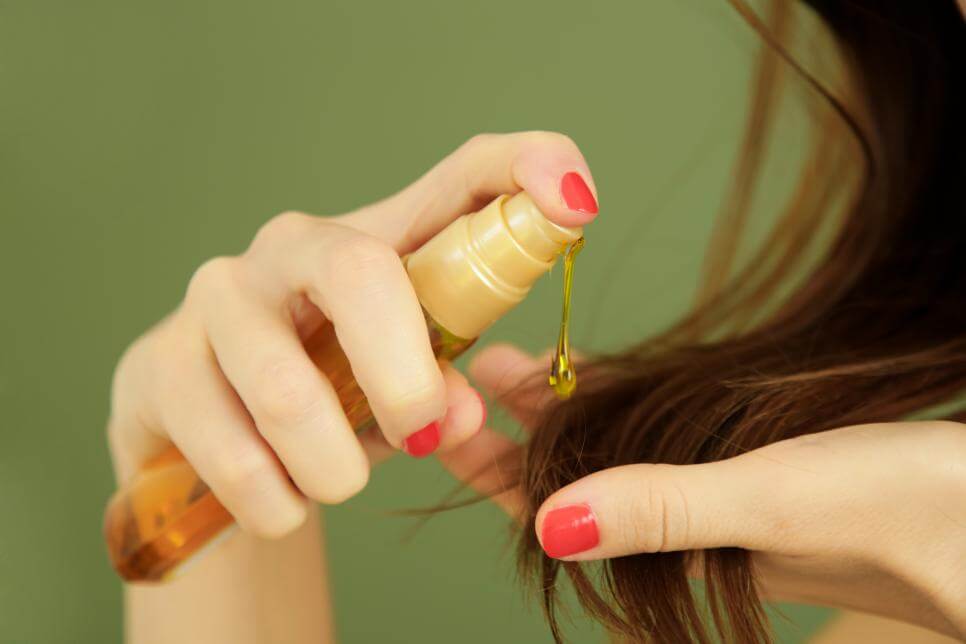
2.4 Use Hair Masks
Deep conditioning hair masks are an effective way to combat frizz and nourish your hair. They contain nourishing ingredients that help to hydrate the hair and leave it feeling soft and smooth. Look for masks that contain ingredients such as shea butter, honey, or avocado oil, which help to hydrate and repair damaged hair.
To use a hair mask, apply it to your hair after shampooing and leave it in for the recommended time. Rinse it out thoroughly and follow up with a conditioner for added moisture.
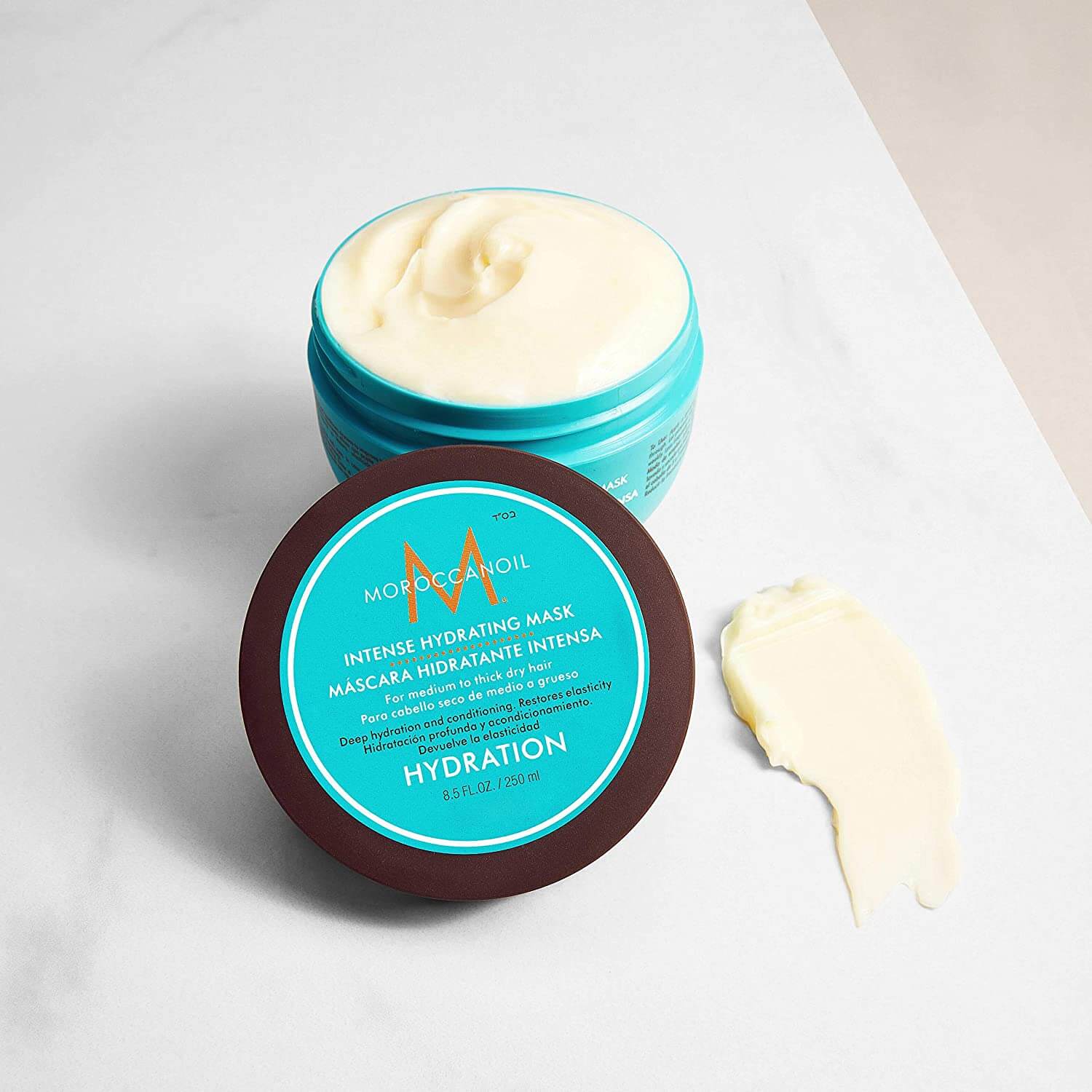
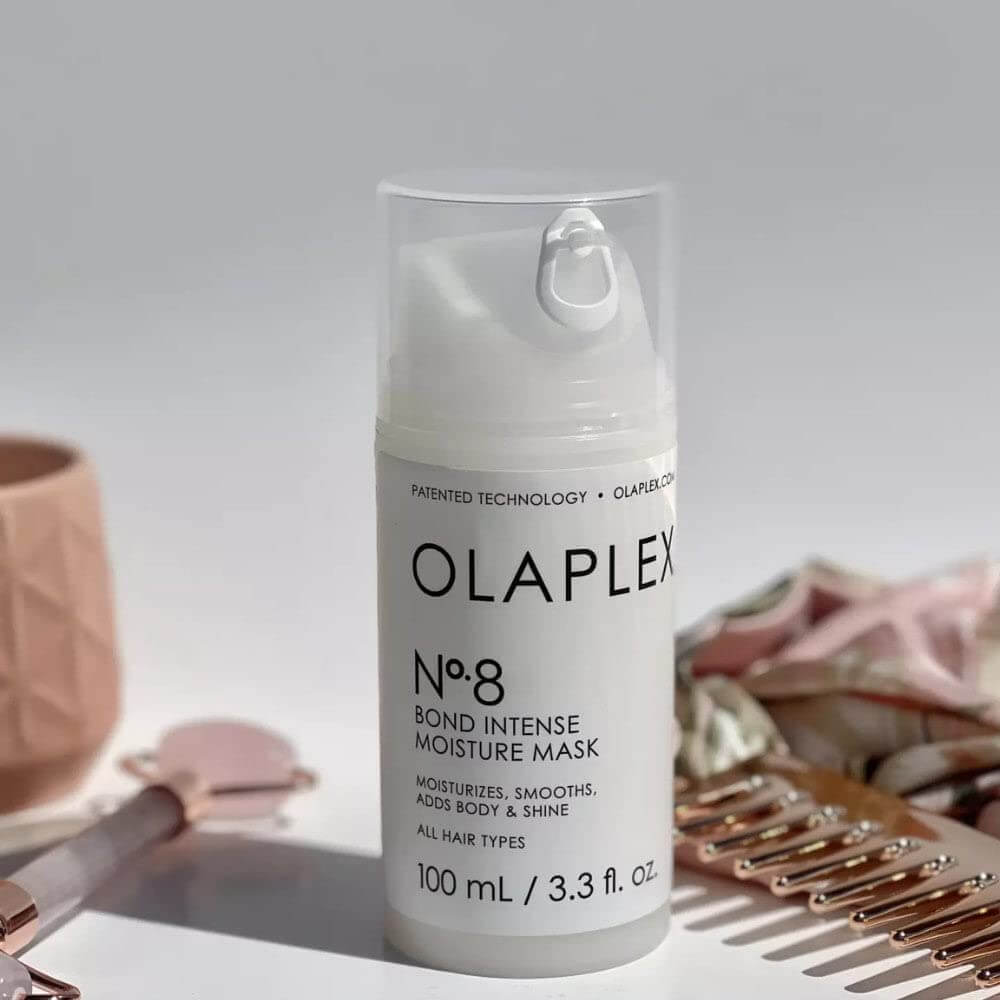
2.5 Use a Hair Serum
Hair serums are designed to add shine and reduce frizz. They contain silicone, which helps to smooth the hair cuticle and prevent frizz. To use a hair serum, apply a small amount to your hair after styling. Be sure to avoid applying too much, as this can make your hair look greasy.
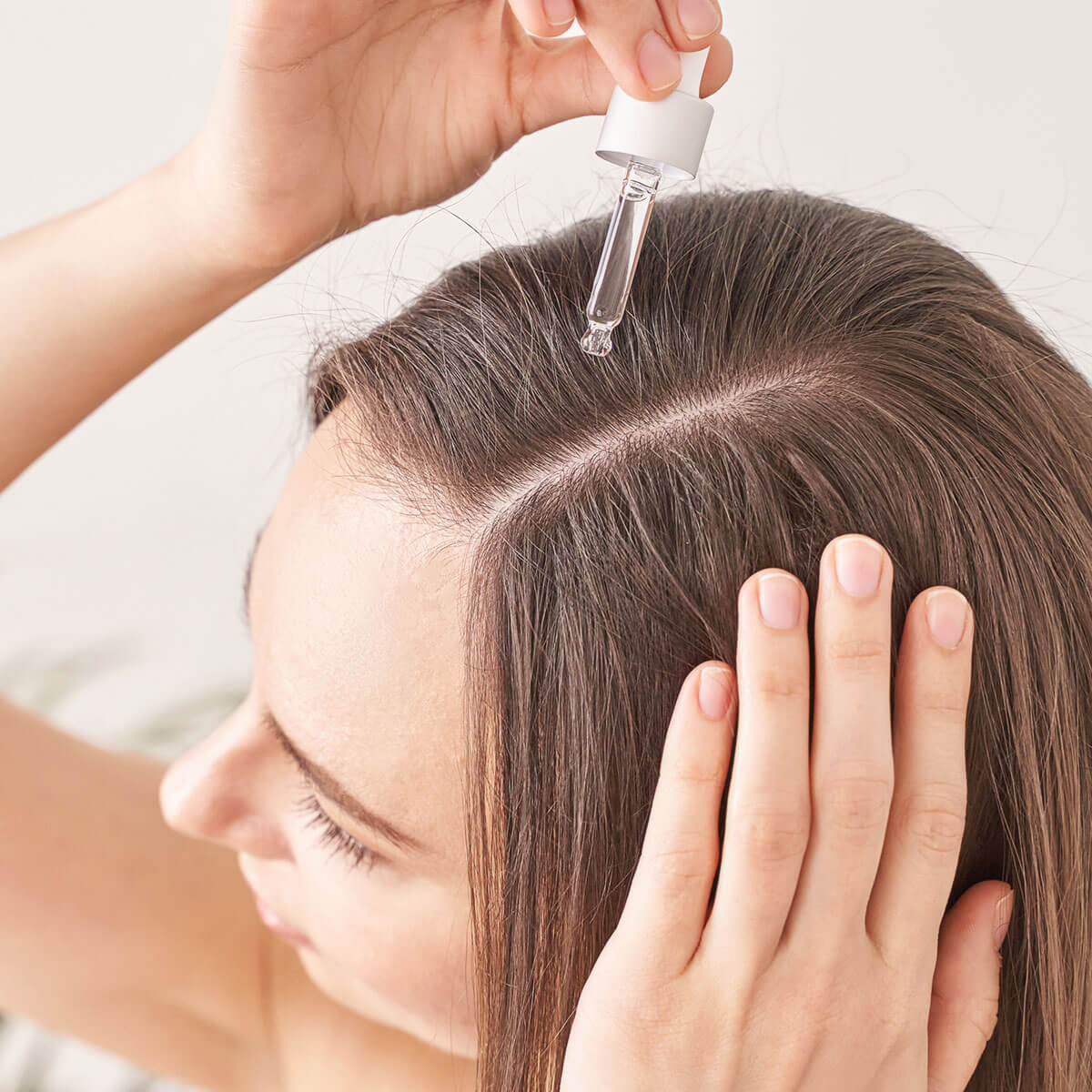
2.6 Avoid Heat Styling
Heat styling tools such as flat irons, curling irons, and blow dryers can damage your hair and lead to frizz. Avoid using these tools as much as possible and opt for air-drying or using a diffuser instead. If you must use heat styling tools, apply a heat protectant spray or serum to your hair before styling to prevent damage.
2.7 Use a Heat Protectant Spray
If you must use heat styling tools, be sure to use a heat protectant spray. Heat protectant sprays help to create a barrier between the heat and your hair, reducing the risk of damage and frizz. Simply spritz the heat protectant spray onto your hair before using your styling tool.
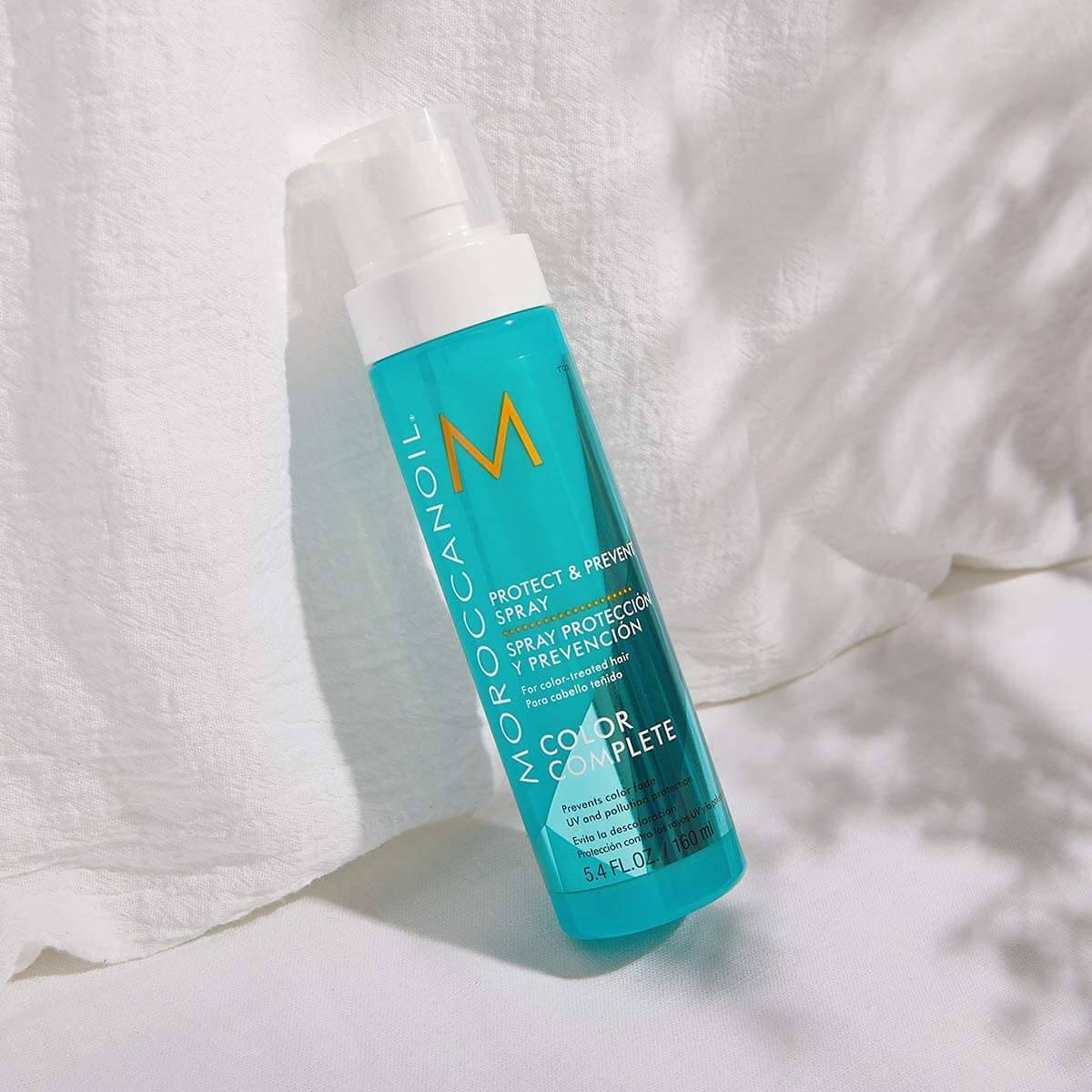
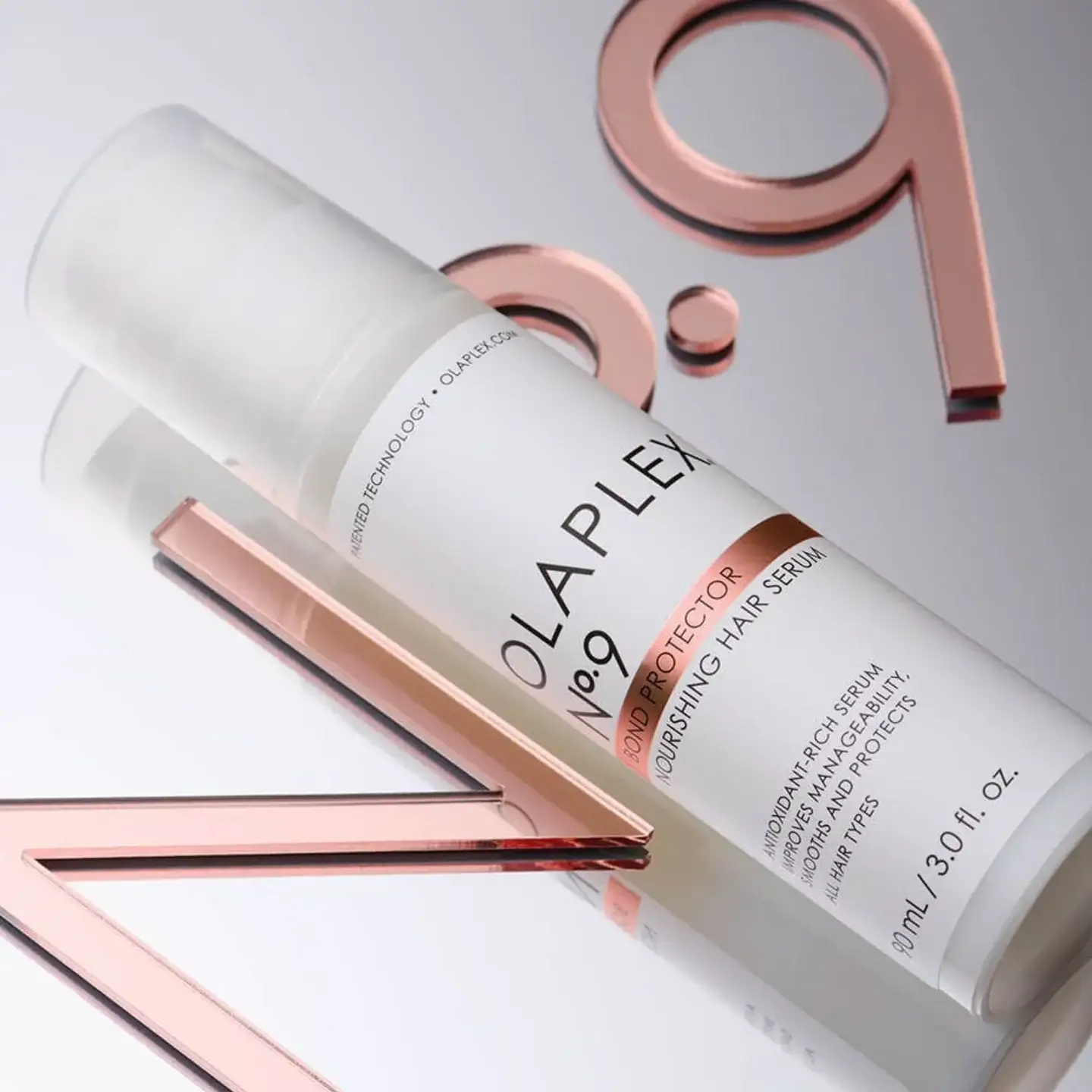
Section 3: Tips and Tricks for Maintaining Frizz-Free Hair
3.1 Use a Microfiber Towel
Using a regular towel to dry your hair can actually cause frizz. The rough texture of the towel can cause the hair cuticles to lift and separate, resulting in a frizzy appearance. Instead, using a microfiber towel to dry your hair can help to prevent frizz. Microfiber towels are gentler on your hair than regular towels and help to absorb excess moisture without causing damage.
3.2 Sleep on a Silk Pillowcase
Believe it or not, the type of pillowcase you use can also affect your hair. Cotton pillowcases can cause friction, leading to frizz and breakage. Sleeping on a silk pillowcase can help to prevent frizz and protect your hair while you sleep. Silk is a gentle fabric that helps to reduce friction and prevent breakage, resulting in smoother, shinier hair.
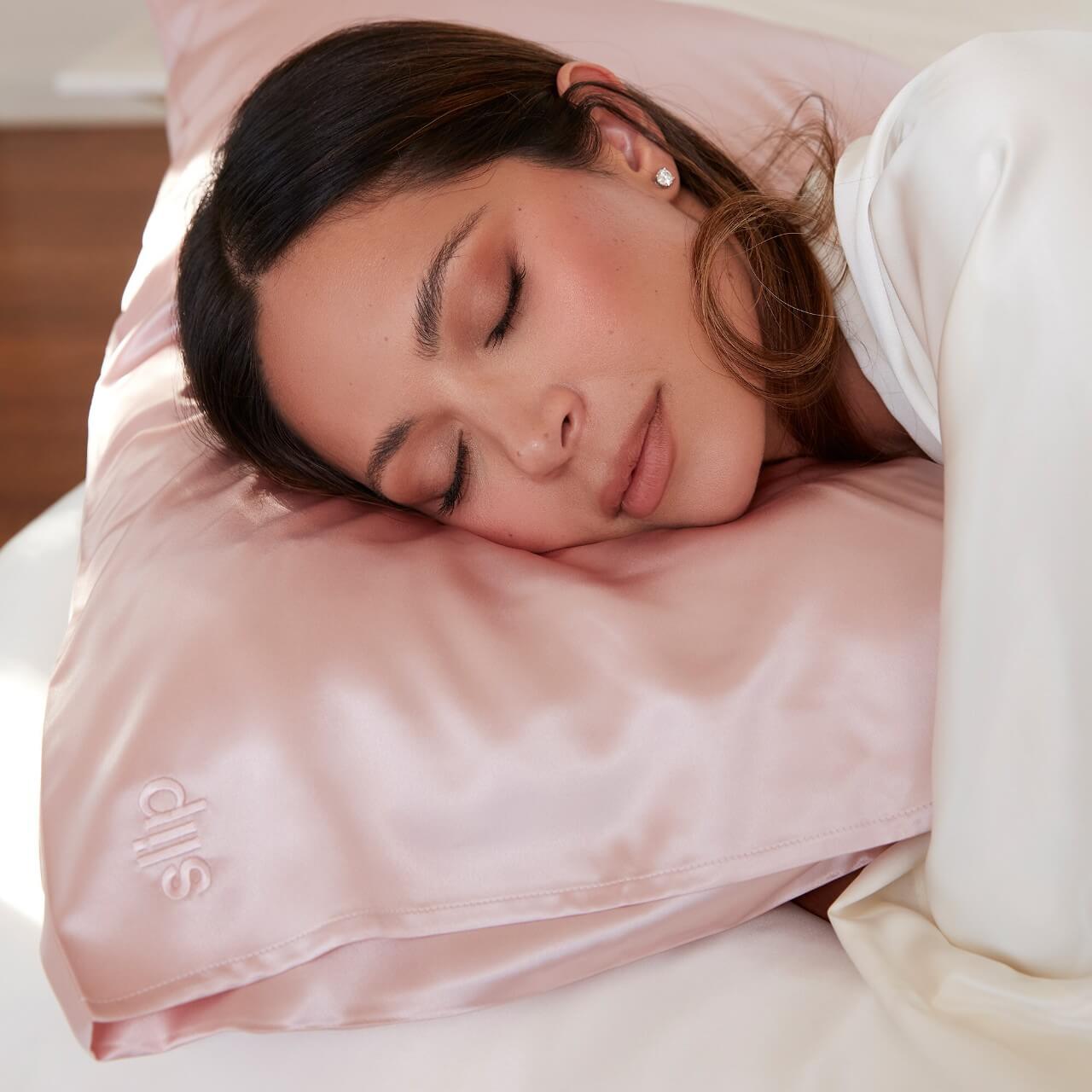
3.3 Use a Wide-Tooth Comb
Using a brush to detangle your hair can cause it to become frizzy. This is because brushes can be too harsh on the hair, causing it to stretch and break. Instead, using a wide-tooth comb to detangle your hair can help to prevent damage and breakage, which can lead to frizz. Start at the ends of your hair and work your way up, gently detangling any knots or tangles.
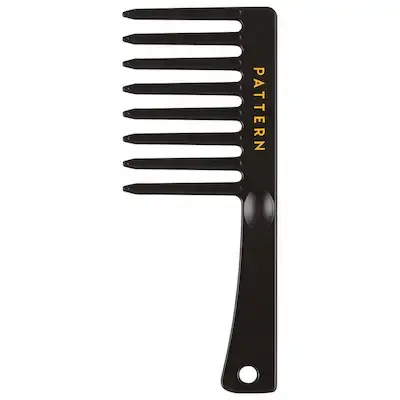
3.4 Avoid Overwashing Your Hair
Washing your hair too often can strip it of its natural oils, which can lead to dryness and frizz. Try to wash your hair no more than two to three times per week and use a gentle shampoo and conditioner to avoid stripping your hair of its natural oils. If you have oily hair, you may need to wash it more frequently, but be sure to use a gentle shampoo and conditioner.
3.5 Trim Your Hair Regularly
Split ends can contribute to frizz and make your hair look dull and lifeless. Regular trims can help to prevent split ends and breakage, which can lead to frizz. Aim to trim your hair every six to eight weeks to keep it healthy and frizz-free. This will not only keep your hair looking healthy, but it will also reduce the risk of frizz.
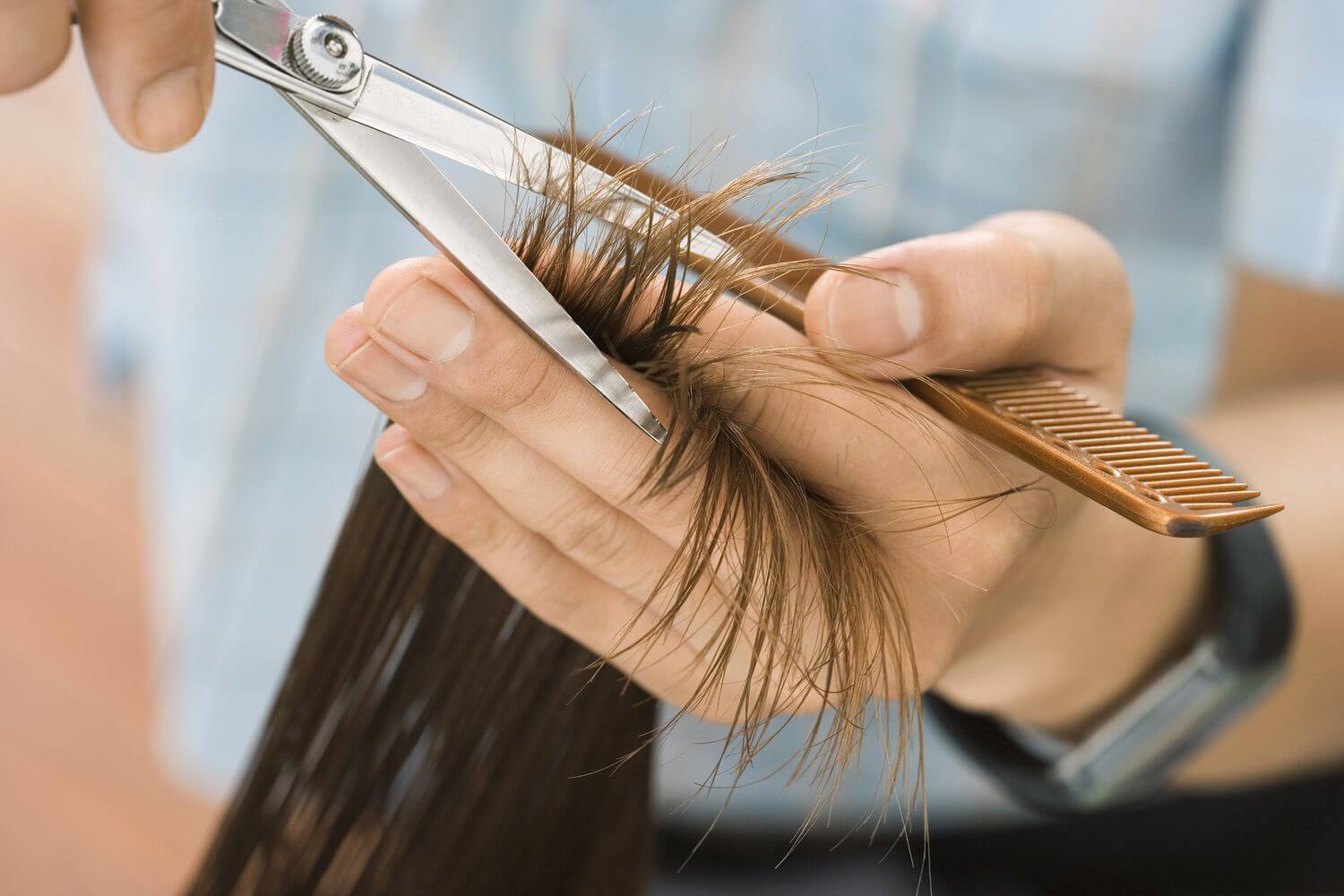
3.6 Use a Diffuser Attachment
If you like to use a hair dryer, consider using a diffuser attachment. A diffuser attachment helps to distribute heat evenly, reducing the risk of frizz. It also helps to enhance curls and waves, making them more defined.
To use a diffuser attachment, attach it to your hair dryer and set it to a low heat setting. Place sections of your hair in the diffuser and gently scrunch them upwards towards your scalp.
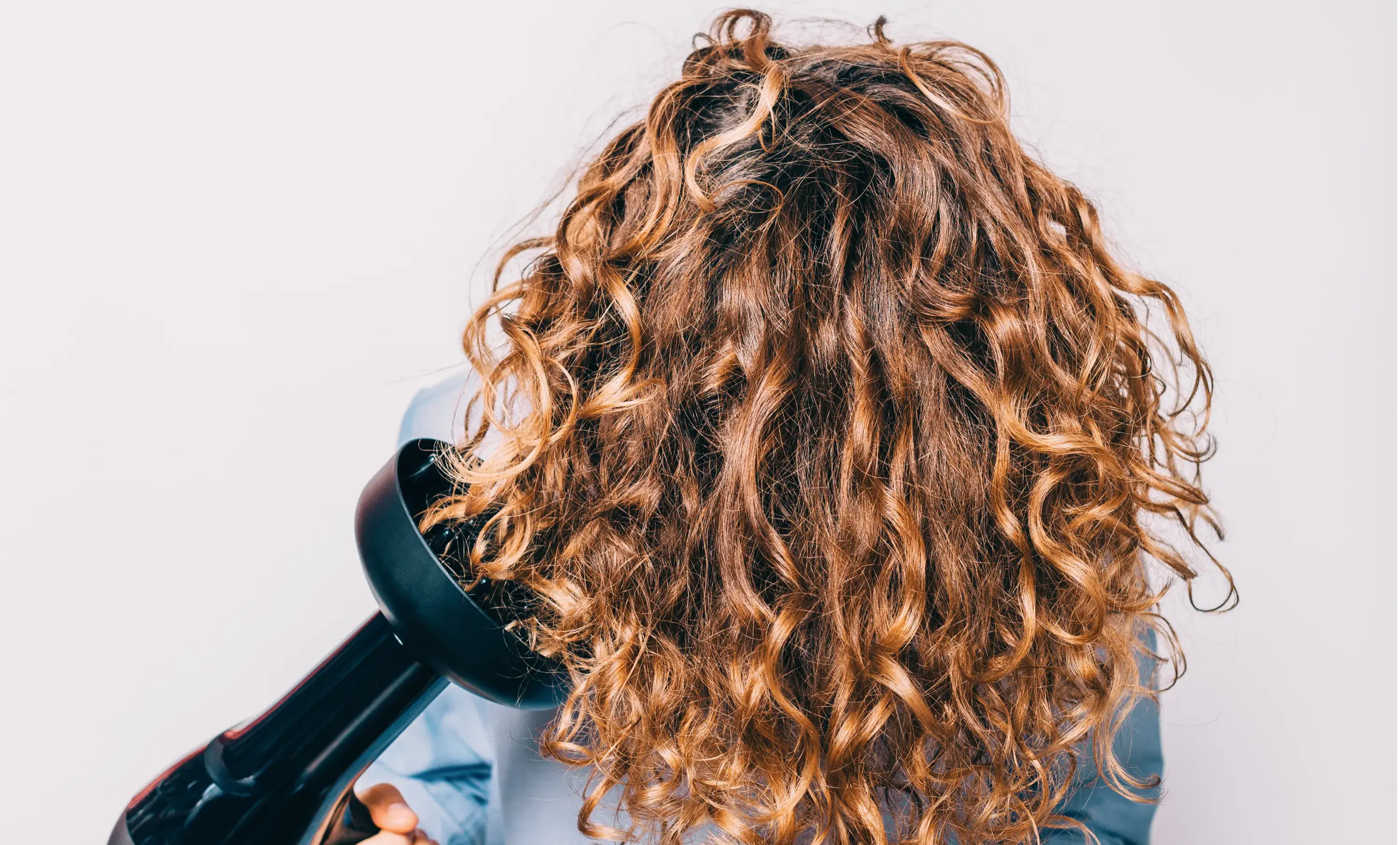
3.7 Use a Leave-In Conditioner
Leave-in conditioners are great for adding moisture to the hair and reducing frizz. They are designed to be left in the hair, providing all-day hydration and protection. To use a leave-in conditioner, apply a small amount to your hair after washing and conditioning.
3.8 Use a Satin Hair Scrunchie
Regular hair ties can cause breakage and frizz, especially if they are too tight. To avoid this, consider using a satin hair scrunchie. Satin hair scrunchies are gentle on the hair and reduce the risk of breakage and frizz.
3.9 Eat a Healthy Diet
Lastly, eating a healthy diet can also help to reduce frizz. Foods that are rich in vitamins and minerals, such as fruits and vegetables, can help to nourish the hair from the inside out. Be sure to drink plenty of water as well, as this will help to keep your hair hydrated and healthy.
Conclusion:
In conclusion, there are many different ways to get rid of frizz and achieve smooth, silky hair. Understanding the causes of frizz and using the right products and methods can go a long way in controlling frizz and keeping your hair healthy. With these tips, you can say goodbye to frizz and hello to the smooth, silky hair of your dreams.
